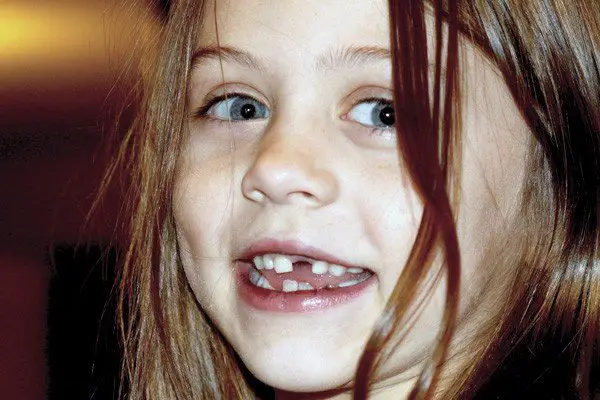
People are busy, that’s nothing new. Sometimes the only available time to schedule getting a tooth taken out or getting a dental implant is hours before a flight. So there’s that question: is it safe to fly after an oral procedure?
Flying & Oral Surgery FAQ:
Is it okay to fly after an oral surgery procedure; like a tooth extraction or dental implant?
Yes and no. Yes, because while it is suggested to rest for a day or two, it is possible to travel. You just have to be extra careful (there are tips below if you do decide to travel).No, because everyone is different and can react differently. So be sure to check in with your dentist if you aren’t sure. If possible, you should take at least a day to rest before you travel.
Can flying and the pressure affect the healing process?
It shouldn’t. Plane cabins are pressurised and it shouldn’t cause any extra bleeding or discomfort. This isn’t to say you won’t be bleeding or feeling discomfort already, but flying should not affect the healing process if you are caring for it properly.
Should I have special seating?
To make it easier for you and people around you, it’s probably best if you book an aisle seat near the restroom. Changing gauze(every 30 to 40 minutes) and rinsing your mouth to prevent infection (every couple of hours) are two things you should be doing; so sitting near the restroom will be convenient. You don’t want to be that person shuffling in and out of the aisle.
What should I pack?
Because you want to prevent infection, dry socket, and extra bleeding, there are some things you should pack.The first thing to pack: gauze. You’ll have to change your gauze every 30 to 40 minutes, especially if you’re coming straight from the procedure to the airport. Depending on how long your flight is, plan and pack your gauze accordingly.
Next is salt for water to rinse out your mouth. You can pack some salt in a zip lock bag and take it along with you. Because you will be on a no-chew diet for a short while, you might want to buy a soup or smoothie to take with you.
Finally, taking an extra empty zip lock bag can come in handy for an ice pack. To relieve some of that pain in your mouth, using an ice pack in 10 minute intervals can help.
With all of this in mind, make sure if you are able to travel after an oral procedure, to take extra care, pack gauze, and reserve a seat near the restroom. The last thing you want to do when you get off a plane is find out you have dry socket.
If you are able to take a day off before travelling, that is something to consider. But if there is no other way than going straight from the dentist to the airport, I hope these tips help for a smooth, comfortable and infection-free flight.










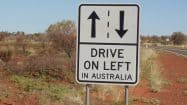












![Big Spender To Backpackers [infographic]](https://www.holidaypoint.com.au/wp-content/uploads/2014/03/GIO_BigSpendertoBackpacker_v3-e1394504863732-187x105.jpg)

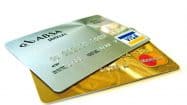

![For The Love Of Bbq [infographic]](https://www.holidaypoint.com.au/wp-content/uploads/2014/01/GIO_AussieBBQ_v2-e1390559463404-187x105.jpg)


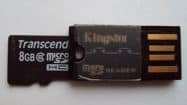

![Cities Of The Future [infographic]](https://www.holidaypoint.com.au/wp-content/uploads/2013/11/geek-travel2-e1384167225628-187x105.jpg)
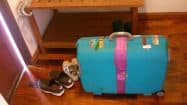









You should have no problem flying after a minor dental procedure.